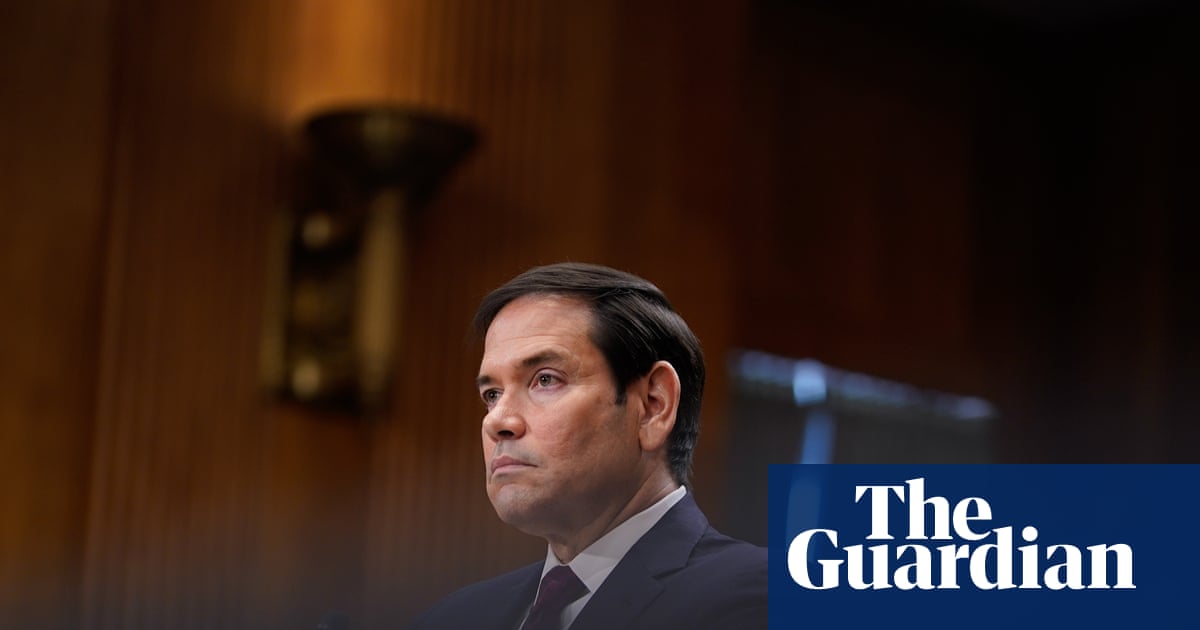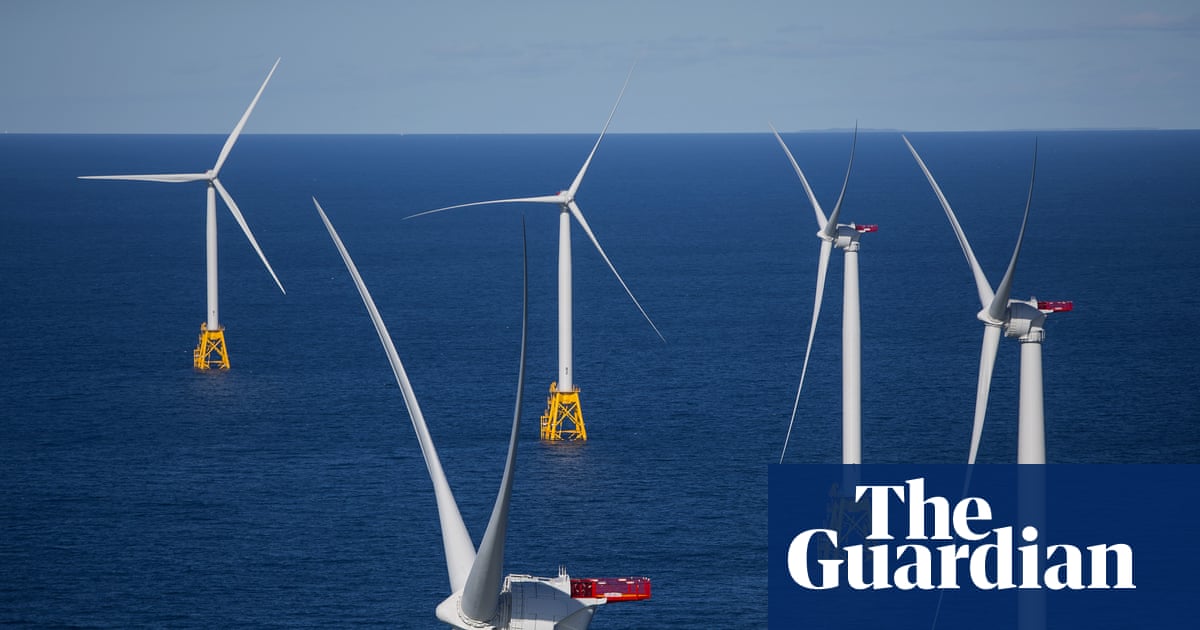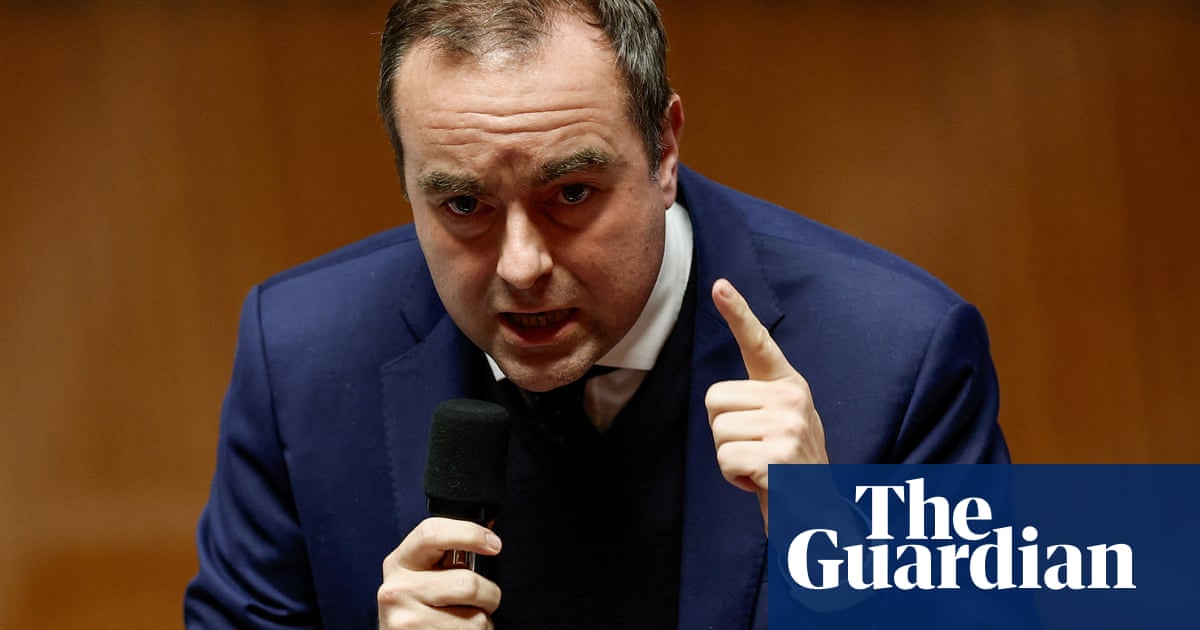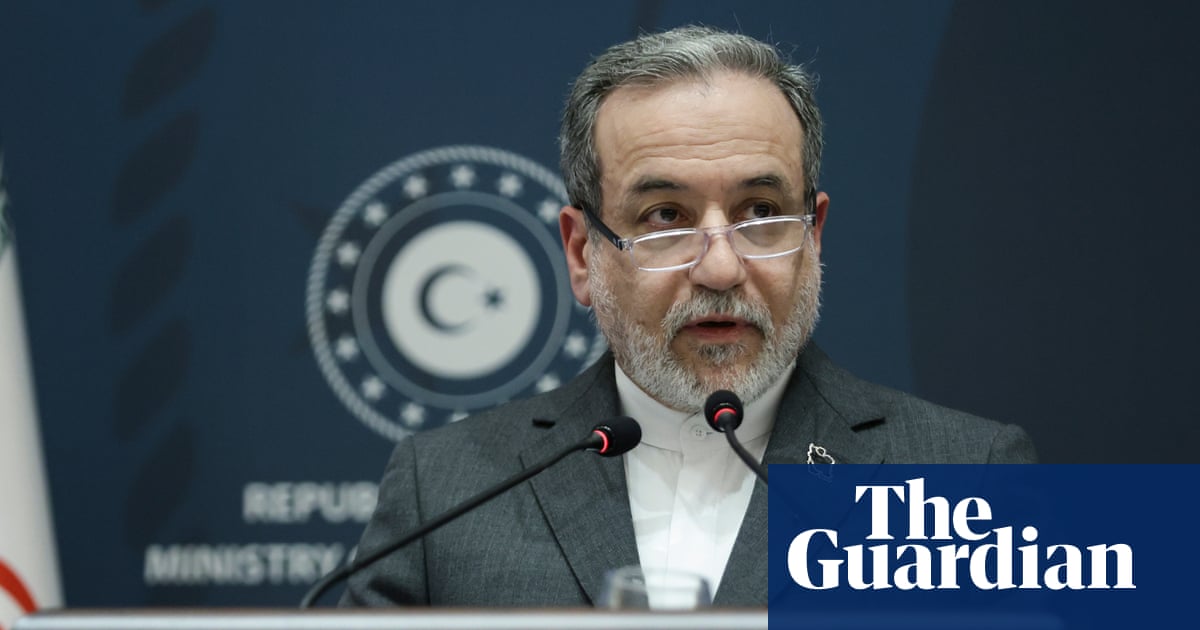Thames Water argued that an MP should be forced to pay its hefty legal costs after he represented the interests of the British public in court, a move he described as “retaliation” for pushing for government control of the crisis-hit utility, the Guardian can reveal.
The UK’s highest court this week rejected Thames Water’s arguments that the Liberal Democrat MP Charlie Maynard should pay legal fees as high as £1,400 per hour.
Britain’s biggest water company has been on the verge of collapse for several years as it struggles under the weight of net debt of £17bn, built up over decades since privatisation. Thames Water’s effective owners have asked for 15 years of leniency from environmental fines from the government to try to recover.
Maynard was granted unusual permission to represent the public interest in a court battle over an investor bailout for Thames Water. The bailout was approved, but Maynard appealed, arguing that the company, which serves 16 million customers in London and south-east England, should be taken into temporary government control.
Thames Water’s barristers argued that he should be made personally liable for its expensive legal fees to “deter” future appeals to the supreme court.
The utility’s lenders, led by a group of hedge funds including combative American firms Elliott Investment Management and Silver Point Capital, have effectively taken over the business. The lenders, who together manage assets in the billions of pounds, also backed Thames Water’s decision to pursue Maynard for costs.
Maynard said that he was relieved after facing the prospect of a ruinous bill, but that he believed Thames Water had carried out an act of retribution for arguing that the company should be put into a special administration regime (SAR) in the interests of bill payers who have no choice but to pay it for its services.
“I find it completely extraordinary,” he said. “What is the largest water company in the country doing trying to run an MP off the road, and saying they want to deter me and others from taking such actions?
“What is the government doing letting a bunch of people run the largest water utility in the country and behave this way?”
Cat Hobbs, director of We Own It, said Thames Water “wanted to silence debate about their state-sanctioned rip off – trying to punish the one MP who had the bravery to take them to court”.
She said: “This absolutely disgusting behaviour from Thames Water is the strongest evidence yet of why the government must urgently take it into special administration right now. It’s truly chilling that Thames Water openly admitted it wanted to discourage future attempts to stand up for billpayers.”
In legal submissions seen by the Guardian, Thames Water argued there was “no reason at all” that Maynard should not pay its costs for the appeal to the supreme court, saying he was “given a full opportunity to ventilate his concerns” in the lower courts.
Thames Water argued: “In light of the application’s lack of merit, the court is invited to infer that Mr Maynard made his application to try and disrupt the implementation of the plan and the subsequent restructuring in pursuit of his and his party’s political aim that Thames Water should be placed in special administration. This kind of conduct should be deterred.”
after newsletter promotion
People close to Thames Water and its lenders denied retaliation. They said the arguments were made on points of law in response to Maynard’s own submissions.
The costs claimed by Thames Water were not detailed. However, a statement of costs for the previous stage at the court of appeal, seen by the Guardian, detailed £2.3m in legal fees incurred by Thames Water. The huge bill – a small fraction of the total cost of the case – included fees of up to £1,400 per hour for partners of Linklaters, Thames Water’s solicitors, and a cumulative £812,000 for 141 hours’ work on the appeal alone from Tom Smith KC, Charlotte Cooke and Andrew Shaw, all barristers at South Square Chambers.
Any costs imposed on Maynard would have been very large for a single person to bear, but they are dwarfed by Thames Water’s spending of up to £15m a month on an army of lawyers, bankers, consultants and public relations advisers.
A Thames Water spokesperson said that “Mr Maynard was able to make submissions at both the high court and court of appeal without any liability for costs” and that all parties had to pay their own costs.
“We remain focused on putting Thames Water on to a more stable financial foundation as we seek a long-term solution to our financial resilience,” the spokesperson added.
A spokesperson for Thames Water’s lenders said that “no costs were pursued against Mr Maynard” in respect of the lenders’ legal fees. The spokesperson added: “An SAR will delay the complex turnaround and see taxpayers bear the risk and the billions of pounds it will cost to fix Thames Water, diverting limited funds from public sector spending priorities.”

 2 months ago
92
2 months ago
92

















































